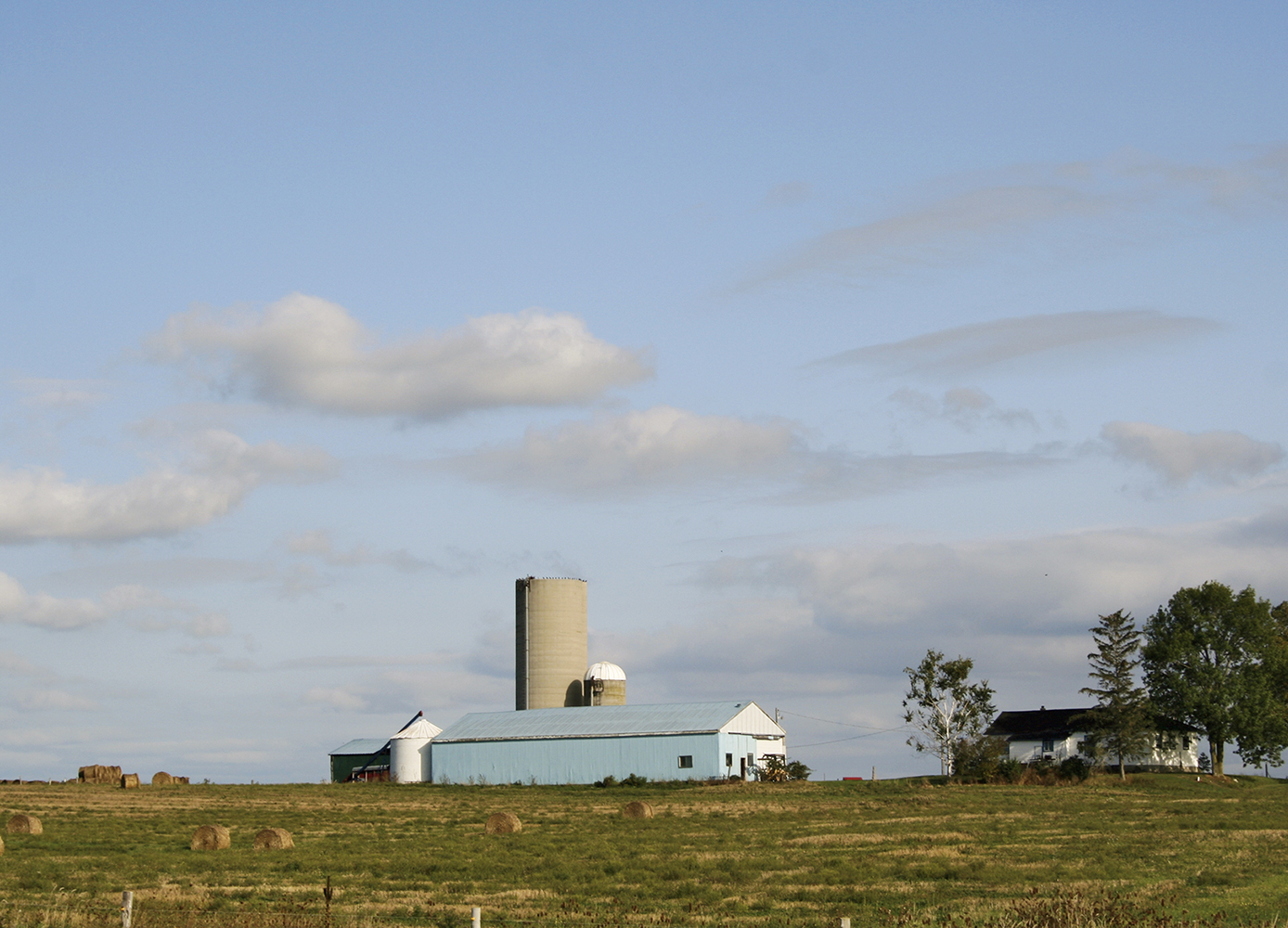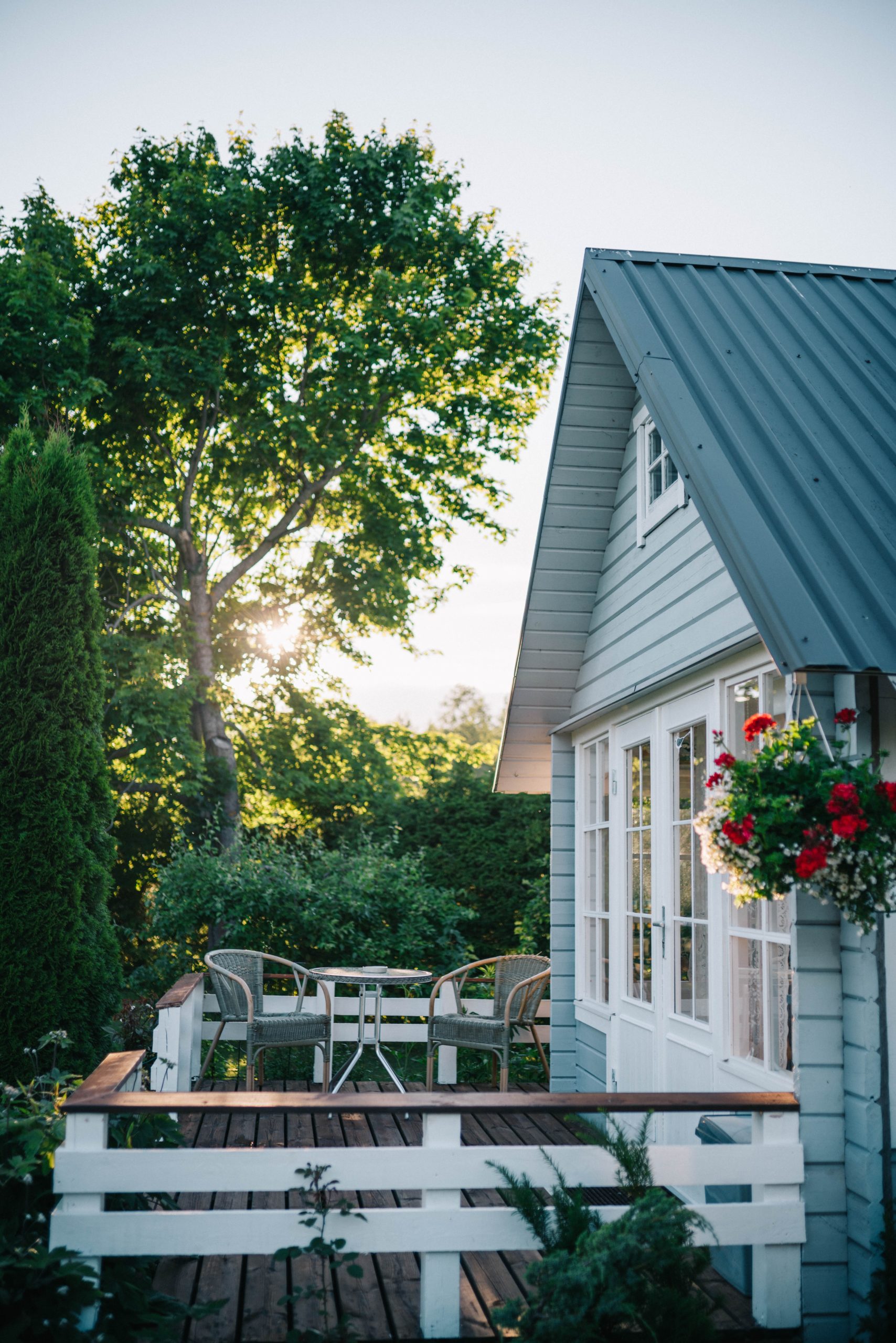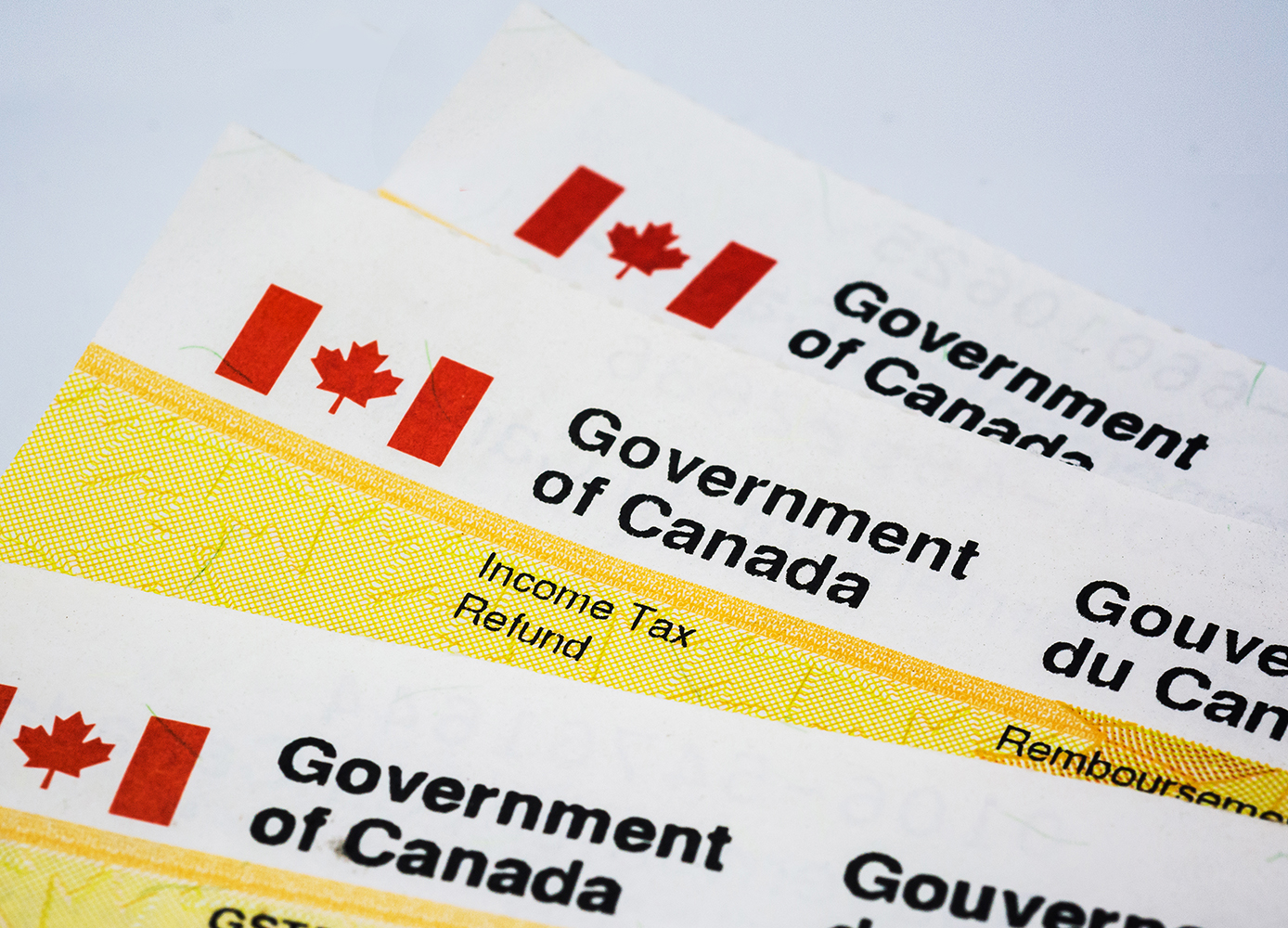It’s an important question when considering the potential size of a tax bill.
A popular regular feature in Good Times magazine is “Your Questions,” where Olev Edur provides answers to questions from our readers regarding their rights, personal finance, and estate planning. Here’s one on farming and the lifetime capital gains exemption:
My husband and I have been farmers for 48 years and purchased each of our three farms jointly. We worked them for many years, but right now all three farms are either rented or worked on shares. We’re considering selling our home property, which has a house, and leaving the other two farms to our two children in our wills. Will they have to pay the capital gains tax when they inherit or can our leftover capital gains exemption be used, since we likely won’t need to use it all when we sell our home farm?
First, there are no inheritance taxes in Canada, so if there are any capital gains taxes to be paid in these transactions, you (or your estate) will have to pay them from the proceeds of any sale. Second, yes, you may be able to use the lifetime capital gains exemption (LCGE) to shelter not only the taxes upon disposition of your home farm but also (provided some of the exemption remains unused) the two farms you plan to leave to your children.
Of course, your farms must all qualify for the LCGE, although in your case that doesn’t seem to be a problem for the most part. The Canada Revenue Agency (CRA) website stipulates that in general, the properties must be working farms capable of earning you a profit and be owned by you or your spouse, either wholly or through a partnership interest. However, when you mention “worked on shares,” this may give rise to an eligibility snag.
According to the CRA’s Income Tax Folio S4-F11-C1, Meaning of Farming and Farming Business, “farming is the raising and harvesting of animals or plants in a controlled environment” and “the courts have determined that taxpayers are farming if they make an appreciable contribution to the growth and maturity of the animals or crops.”
Paragraph 1.13 of the document also stipulates that farming does not include “renting out or leasing farm property to another farmer in exchange for a share of the crop in lieu of rent” (in other words, sharecropping). “However,” the document continues, “there could be other types of sharing or custom work arrangements that go beyond that of a typical landlord/tenant sharecropping arrangement, which may be farming. The facts of each situation must be considered on a case-by-case basis.”
As a result, I suggest that you speak with an accountant or lawyer well versed in tax law as it relates to farms and to the “worked on shares” rules.
As for the exemption itself, the maximum farm LCGE to which you would be entitled for 2017 and the next few years is $1,000,000 (although only half of your capital gains are taxable, so the actual tax value of this deduction is $500,000). The limit will begin to increase annually in the future because the exemption is indexed to inflation, but at this point, only the limit for qualifying small business shares, which was $835,716 for the 2017 tax year, is being increased. Once the small business part of the exemption reaches $1,000,000, the exemption for farming (and fishing) properties will begin to increase annually, as well.
For the time being, then, you have a $1,000,000 exemption, assuming no sharecropping snags. You will have to determine for yourself how much of this exemption will be used by your own property, how much is left for sheltering the other two farms, and how to ensure this benefit is allocated to them in a way that’s equitable to both kids. In this regard, you may again want to seek some professional advice.
Photos: iStock/Marytka.





